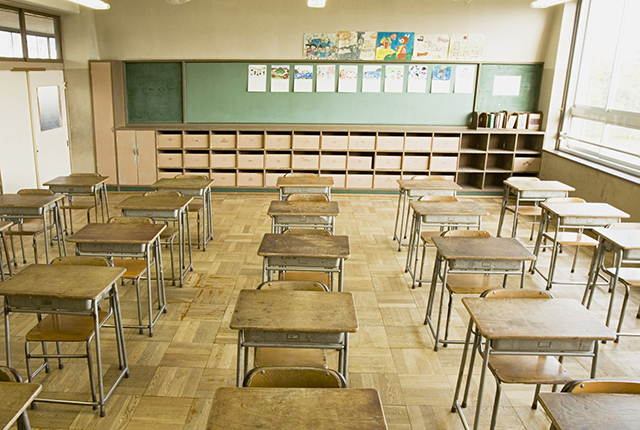
The ManicaPost

Samuel Kadungure and Lovemore Kadzura
MANICALAND needs at least 50 new schools to ease the pressure on overcrowded schools where a high number of urban learners are now turning to peri-urban schools after failing to secure places closer to home.
The teacher-pupil ratio at most urban schools is above 1:60.
The province also has 207 satellite schools which require massive upgrading for them to be registered and attract quality teachers.
Mutare, Rusape and Chipinge are the hardest hit districts in the province while Buhera is the only district with the standard secondary-primary schools ratio of 1:3.
Budget constraints, land shortages and poor urban planning are the main reasons for the backlog and this is depriving learners of a chance to realise their full potential as they have to travel long distances to access education.
A survey conducted by The Manica Post revealed that Covid-19 regulations that saw classes being de-congested also triggered the urban-rural migration of learners.
Rusape, which has a population of 45 000 people, only has five primary and two high schools, thereby forcing many students from the town to enrol at peri-urban schools like Sanzaguru, Chiundu, Tsindi and Mt Camel High Schools.
New suburbs like Magamba, Crocodile, Sliverbow and Mabvazuva have no schools.
In Mutare, a lot of students who could not secure places in the city have since enrolled in Zimunya and Dora.
Chipinge has two secondary schools.
The Manica Post has since established that classes at these schools carry more than 60 students each, while a few of them have textbooks.
New suburbs like Gaza E and Gaza O have no schools.
Provincial Education Director (PED), Mr Edward Shumba confirmed the province’s schools deficit.
“We have shortages, especially in the urban and newly resettled areas. We have a crisis in towns — Rusape, Mutare and Chipinge — where existing schools are overcrowded. A high number of students from these towns are attending per-urban or rural schools after failing to secure places in town. This is why independent colleges are mushrooming in towns.
“Dangamvura needs at least two high and five primary schools. Hobhouse needs five primary and three high schools. Two primary and two high schools are needed uptown,” said Mr Shumba.
He said Rusape needs two high and three primary schools for Mabvazuva and Magamba suburbs, while Chipinge urban needs two high and two primary schools. In Chipinge rural, five sites have already been pegged.
Mr Shumba said of the 207 satellite schools in the province, 76 are primary while 131 are secondary schools where students are conducting lessons in farm houses and tobacco barns.
The critical shortage of infrastructure at such schools has seen students sitting for national examinations at other schools.
“For a long time we have not been investing in new schools to match population growth and councils have not been allocating land for schools.
“For every 500 housing units, there should be a primary school; and three primary schools should feed into one high school, which translates to one secondary school for 1500 housing units.
“Three secondary schools (up to Form Four) should feed into one high school (Advanced Level). The catchment area for rural secondary schools is 12km while that of primary schools is five kilometres,” said Mr Shumba.
He said the urban-rural migration of students has seen the mushrooming of illegal boarding facilities outside the school premises, thereby fuelling high teen pregnancies.
Non-governmental organisations have chipped in to provide low cost boarding facilities in hot spot areas surrounding Rimbi, Beacon, Goko, Rukangare and Checheche High Schools (Chipinge), Mhakwe and Ndima High schools (Chimanimani) as well as Masase High School in Bocha.
Plans are afoot to provide similar facilities at Chiundi, Dope and Tsindi High schools in Makoni.
Zimbabwe Rural Teachers Union president, Mr Martin Chaburumunda blamed local authorities for sleeping on duty.
“Local authorities that are not providing land for establishment of schools must be sued. Education is a basic right. Many children are travelling more than 10km, even in inclement weather, to access education, yet we are in the 21st century where we talk of quality and inclusive education,” he said.
Mr Chaburumunda said existing schools lack sufficient infrastructure, equipment, internet connectivity, power and sufficient personnel.
But Rusape Town Council chairman, Councillor Lyton Sithole said council has run out of land for expansion.
“Provision of education is among our top priorities, but our major stumbling block is shortage of land. Our projections are that Rusape needs six high and 12 primary schools to meet demand. Once we get the land, we will address the anomaly,” he said.



